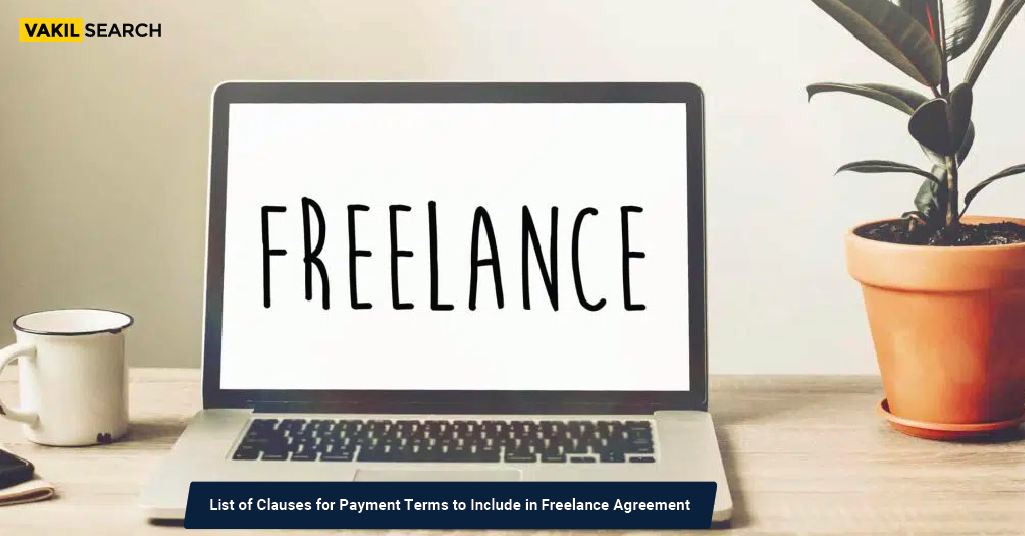As a freelancer, getting paid on time and as per the agreed terms is critical to your success. Many clients fail to honour their payment obligations. This leads to disputes and financial losses. Hence, it is better to have a payment agreement. This outlines the terms and conditions of payment.
Introduction
Freelancing lets you work independently, pursue your passion, and have a flexible schedule. It comes with challenges such as managing finances, dealing with difficult clients, and ensuring timely payment. Having a solid payment agreement is crucial for a successful freelance career. A payment agreement is a legal contract that outlines payment terms between the freelancer and the client. It sets clear expectations and responsibilities for both parties. This is to avoid misunderstandings and disputes.
Expected Fees and Terms
The first clause you need to include in your freelance agreement is the expected fees and terms. This section should clearly state the scope of work, the deliverables, and the agreed-upon fees. You should also mention any additional expenses that the client needs to bear, such as travel, accommodation, or material costs. Make sure you define the payment terms, such as whether it’s a fixed or hourly rate when the payment is due, and whether you require an upfront deposit.
Due Date and Late Payments
The second clause you need to include in your freelance payment agreement is the due date and late payment policy. This section should specify the deadline for payment and what happens if the client fails to pay on time. You can include a grace period, after which you can charge interest on the overdue amount. You can also mention the consequences of non-payment, such as suspension of work, termination of the contract, or legal action.
Cancellation Policy
The third clause you need to include in your freelance payment agreement is the cancellation policy. This section should state the conditions under which either party can terminate the contract and the consequences of such termination. You can also mention whether you’ll charge any cancellation fees or retain any payments made before the cancellation.
Method of Payments
The fourth clause you need to include in your freelance payment agreement is the method of payment. This section should specify the payment modes accepted, such as bank transfers, PayPal, or checks, and whether there are any transaction fees. You should also provide your billing address and any other relevant details required for payment processing.
Additional Work
The fifth clause you need to include in your freelance payment agreement is the additional work clause. This section should state how you’ll handle any additional work beyond the scope of the initial contract, such as whether you’ll charge extra fees or renegotiate the terms.
Copyright and Ownership
The sixth and final clause you need to include in your freelance payment agreement is the copyright and ownership clause. This section should clarify the ownership of the intellectual property rights, such as copyrights, trademarks, and patents, for the work you create for the client. You can also mention whether you’ll grant the client a license to use your work and any restrictions on such usage.
Do I really need a payment agreement for every freelance project?
Yes, having a payment agreement is essential for every freelance project. It helps to set clear expectations, avoid misunderstandings, and ensure timely payment.
Can I use a template for my payment agreement?
Yes, you can use a template for your payment agreement. However, make sure you customise it according to your specific requirements and review it carefully before signing it.
What should I do if the client refuses to sign the payment agreement?
If the client refuses to sign the payment agreement, it's best to walk away from the project. A client who doesn't respect your rights and obligations is not worth working with.
What happens if the client doesn't pay me on time?
If the client doesn't pay you on time, you can send them a reminder or a late payment notice. If that doesn't work, you can consider legal action or seek mediation or arbitration.
Can I renegotiate the payment agreement during the project?
Yes, you can renegotiate the payment agreement during the project if both parties agree to it. However, make sure you document any changes in writing and get them approved by both parties.
Conclusion:
Remember, a payment agreement is a legally binding contract, and you should read it carefully before signing it. If you’re not comfortable with any of the terms or clauses, you can negotiate with the client and make the necessary changes. Also, make sure you communicate the payment agreement clearly to the client and get their confirmation in writing. For any queries, you can contact the experts at Vakilsearch.
Also, Read:









